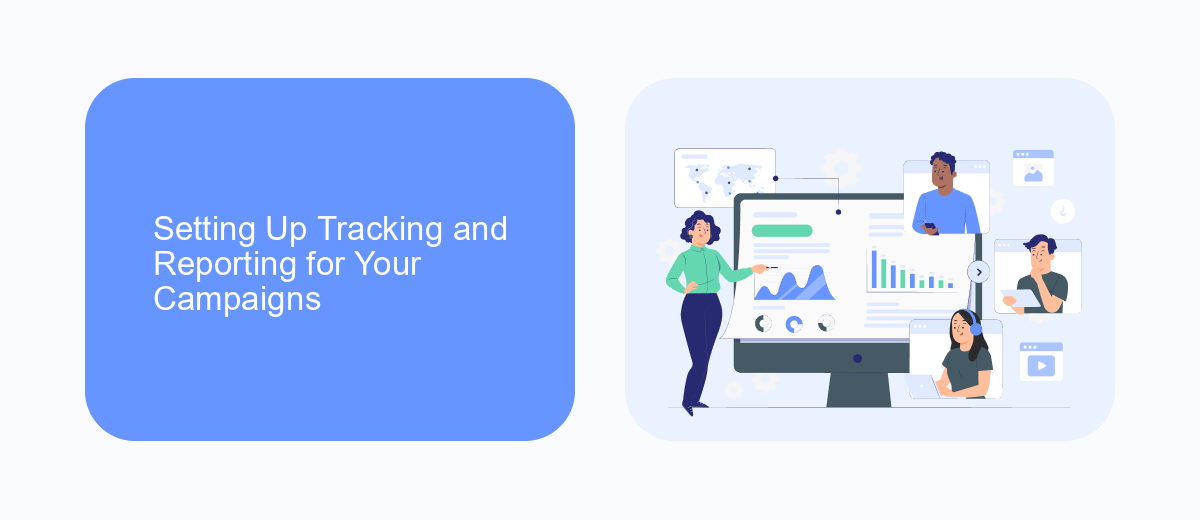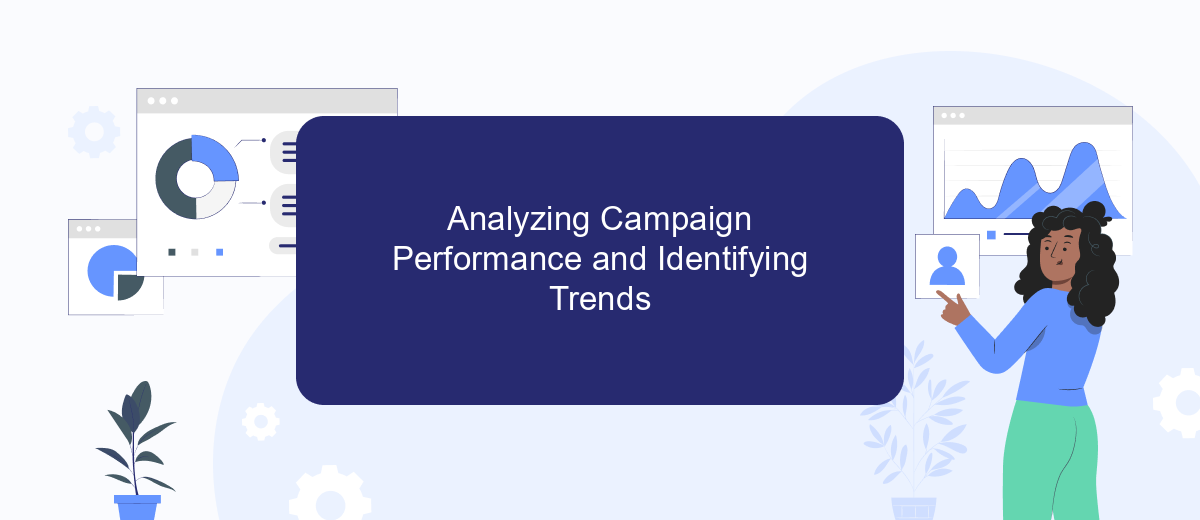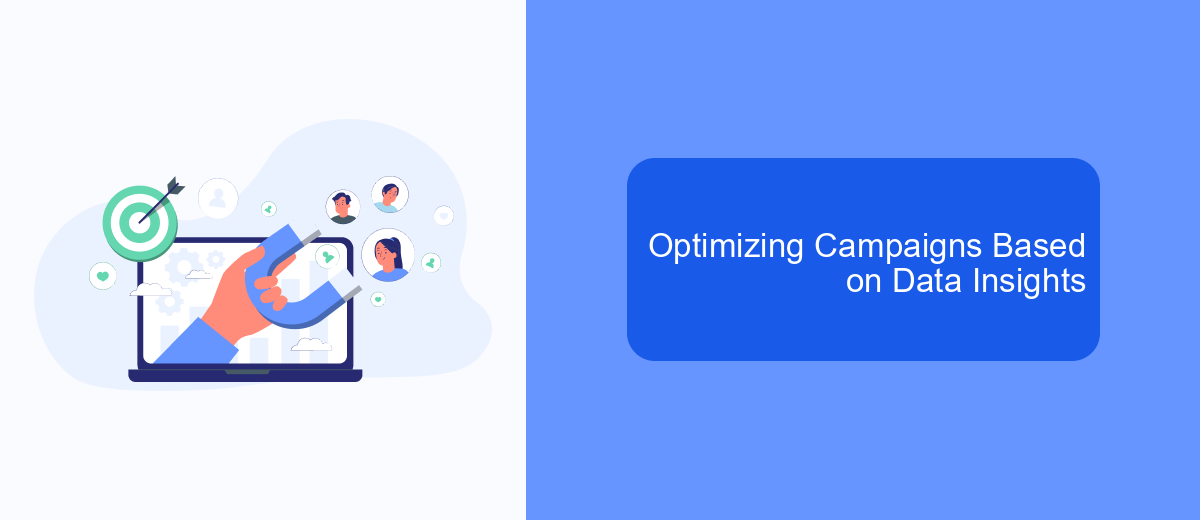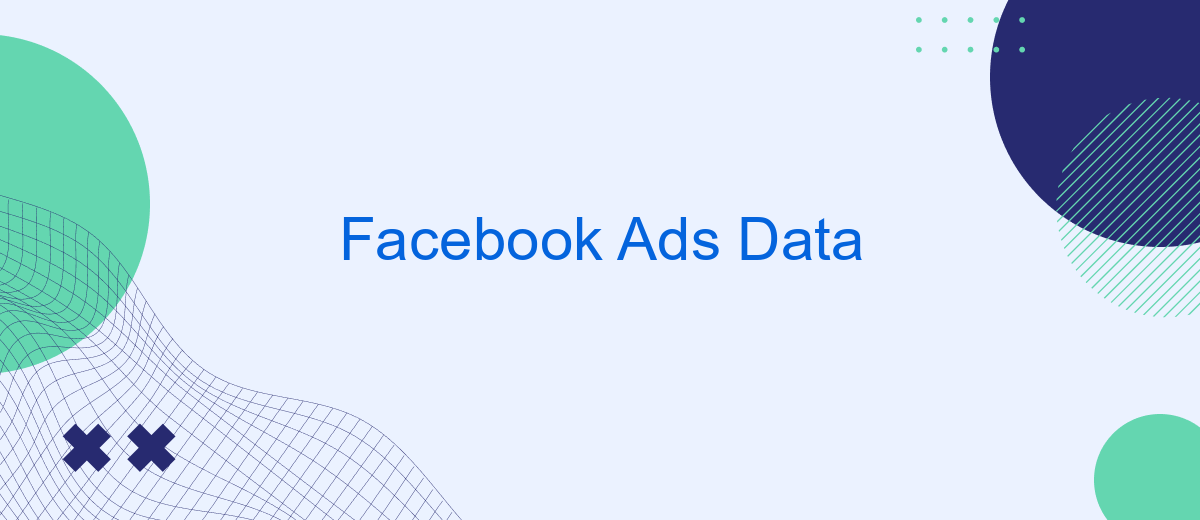In today's digital age, Facebook Ads have become an indispensable tool for businesses seeking to reach their target audience effectively. With access to a vast array of data, advertisers can fine-tune their strategies to maximize engagement and conversion rates. This article delves into the intricacies of Facebook Ads data, exploring how businesses can leverage this information to optimize their advertising campaigns and achieve measurable results.
Understanding Facebook Ads Data and Key Metrics
Understanding Facebook Ads data is crucial for optimizing your advertising campaigns. Facebook provides a wealth of data that can help advertisers track performance, understand audience engagement, and make informed decisions. By analyzing this data, marketers can identify which ads are performing well, which audiences are most responsive, and what changes might be needed to improve results.
- Impressions: The total number of times your ad is displayed on screen.
- Clicks: The number of times users click on your ad.
- Click-Through Rate (CTR): The percentage of impressions that resulted in a click.
- Conversion Rate: The percentage of clicks that resulted in a desired action, like a purchase.
- Cost Per Click (CPC): The average cost incurred for each click on your ad.
- Return on Ad Spend (ROAS): Measures the revenue generated for every dollar spent on advertising.
By focusing on these key metrics, businesses can better understand the effectiveness of their ad campaigns. Regularly reviewing and analyzing these metrics allows for timely adjustments, ensuring that advertising strategies remain aligned with business goals and maximize return on investment.
Setting Up Tracking and Reporting for Your Campaigns

To effectively track and report on your Facebook Ads campaigns, it's crucial to set up the Facebook Pixel on your website. This small piece of code allows you to monitor user interactions and gather valuable data on how your audience engages with your ads. Begin by navigating to the Events Manager in your Facebook Ads account, where you can create and install the Pixel. Once the Pixel is implemented, ensure it's functioning correctly by using the Facebook Pixel Helper extension. This step is vital for optimizing your campaigns and understanding user behavior.
For seamless data integration and reporting, consider utilizing services like SaveMyLeads. This platform automates the process of connecting Facebook Ads with various CRM systems, ensuring that leads are captured and managed efficiently. By automating these processes, you can focus more on analyzing campaign performance and making data-driven decisions. Additionally, regularly review your Facebook Ads Manager to track key metrics such as reach, engagement, and conversions. This will help you refine your strategies and achieve better results over time.
Analyzing Campaign Performance and Identifying Trends

Analyzing the performance of your Facebook Ads campaigns is crucial for optimizing results and maximizing return on investment. By examining key metrics and patterns, marketers can make informed decisions to enhance their advertising strategies. Understanding which ads resonate with your audience and identifying trends can lead to more effective campaigns.
- Review key performance indicators (KPIs) such as click-through rate (CTR), conversion rate, and cost per acquisition (CPA) to gauge the effectiveness of your ads.
- Utilize Facebook's built-in analytics tools to track audience engagement and demographic insights.
- Identify trends by comparing performance data over different time periods to spot patterns and shifts in audience behavior.
By systematically analyzing these elements, you can uncover valuable insights into what drives success in your campaigns. This enables you to adjust your targeting, ad creative, and bidding strategies to better align with audience preferences and market trends. Ultimately, this approach not only improves the efficiency of your advertising efforts but also contributes to achieving your business goals more effectively.
Optimizing Campaigns Based on Data Insights

In the ever-evolving landscape of digital marketing, optimizing Facebook ad campaigns using data insights is crucial for maximizing returns. By analyzing performance metrics, marketers can identify which strategies are working and which need adjustment. This data-driven approach not only enhances the effectiveness of campaigns but also helps in efficiently allocating budgets.
To start, it's essential to continuously monitor key performance indicators (KPIs) such as click-through rates, conversion rates, and cost per acquisition. These metrics provide a clear picture of campaign performance and highlight areas that require improvement. Leveraging this data enables marketers to make informed decisions and implement necessary changes swiftly.
- Identify top-performing ads and scale their reach.
- Adjust targeting to better align with audience demographics.
- Optimize ad creatives based on engagement data.
- Test different bidding strategies to improve cost efficiency.
By embracing a data-centric approach, businesses can fine-tune their Facebook ad campaigns to achieve better results. Regularly reviewing and interpreting data allows for agile adjustments, ensuring that campaigns remain relevant and impactful. Ultimately, this leads to improved ROI and a more successful advertising strategy.
Utilizing Advanced Reporting and Automation Tools
Advanced reporting and automation tools are essential for maximizing the efficiency of Facebook Ads campaigns. These tools provide marketers with detailed insights into campaign performance, enabling them to make data-driven decisions. By leveraging advanced reporting features, advertisers can track key metrics, identify trends, and optimize their strategies in real time. Automation tools further enhance this process by streamlining repetitive tasks, such as bid adjustments and budget allocations, freeing up time for marketers to focus on creative strategy and audience engagement.
Integrating these tools with platforms like SaveMyLeads can significantly enhance the effectiveness of your Facebook Ads campaigns. SaveMyLeads offers seamless integration solutions that automate the transfer of leads from Facebook to various CRM systems, ensuring that no potential customer is overlooked. This integration not only saves time but also reduces the risk of manual errors, allowing for more accurate data management and better follow-up strategies. By utilizing such advanced tools, businesses can achieve greater scalability and improved ROI from their advertising efforts.
FAQ
What is Facebook Ads Data and why is it important?
How can I access my Facebook Ads Data?
What metrics should I focus on when analyzing Facebook Ads Data?
How can I automate the integration of Facebook Ads Data with other platforms?
What are common challenges in analyzing Facebook Ads Data?
Would you like your employees to receive real-time data on new Facebook leads, and automatically send a welcome email or SMS to users who have responded to your social media ad? All this and more can be implemented using the SaveMyLeads system. Connect the necessary services to your Facebook advertising account and automate data transfer and routine work. Let your employees focus on what really matters, rather than wasting time manually transferring data or sending out template emails.
